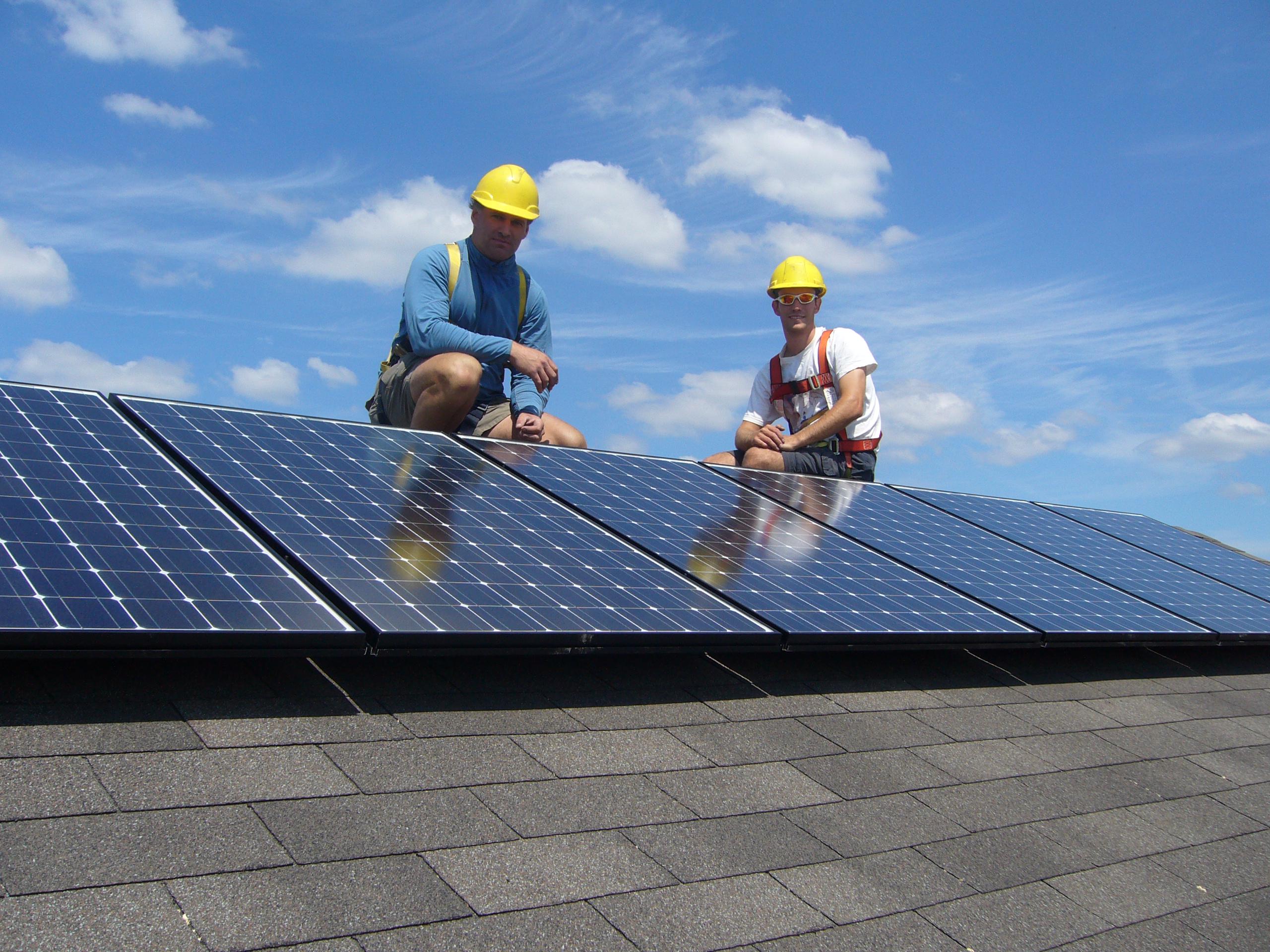CEC issues a new report revealing the ease by which the government of Victoria can save millions of dollars and increase the number of jobs if it turns to solar energy and tweak its current policy settings.
In addition to all these significant benefits, the state can provide its constituents clean energy.
Report: “Quick Clean Energy Jobs for Victoria”
The report is set to be released ahead of the Victoria state election. The report includes five clean energy initiatives that will create hundreds of jobs at no added cost to consumers.
According to Kane Thornton, Acting Chief Executive of the Clean Energy Council, jobs could be easily created in clean energy sectors, namely solar hot water and insulation and solar power systems. He added that whichever party wins in the coming elections, they should be prepared to examine this issue of renewable energy more closely.
“Obviously the outcome of the current review of the Renewable Energy Target will have a significant impact on the future of renewable energy in Victoria, and its associated jobs, and we therefore encourage all Victorian political parties to support the current RET policy. But there is more that can be done,” says Mr Thornton.
“For example, the Victorian Government provides a proportional discount to low-income households on their power bills, and the cost of funding this program is rising,” he adds.
“But by ensuring that some of the 70,000 hot water systems that are replaced on average annually in low-income housing are substituted with a solar hot water unit, the government could deliver gross savings to its budget of $100 million over 10 years, help families save money and create several hundred jobs,” he continues.
“Other policies include cutting red tape for commercial solar power projects, helping renters or low-income home owners to lease rather than buy a solar power system, and revisiting insulation in low-income and rural households in Victoria,” he explains.
CEC report focuses on renewable energy efficiency and solar technology
CEC says that the initiatives will benefit the consumers because the cost of the proportional discount which low income households get on their power bills could be reduced if they use solar hot water systems instead of their current conventional hot water systems.
“Bringing forward budgeted payments to fund solar hot water systems could create new jobs, lock in savings to state budget by tens of millions of dollars and help households to reduce their power bills – all the while increasing clean energy use across the state,” says the report.
The report estimates that the savings of this initiative is more than $100 million over the next decade. This is in comparison to the cumulative cost to budget of a business-as-usual approach to hot water systems of $76 million by 2022, and creating new clean energy jobs at the same time.
The report also says that due to the considerable reduction of solar panel prices for the last couple of years, home solar systems are now more affordable to low income families.



